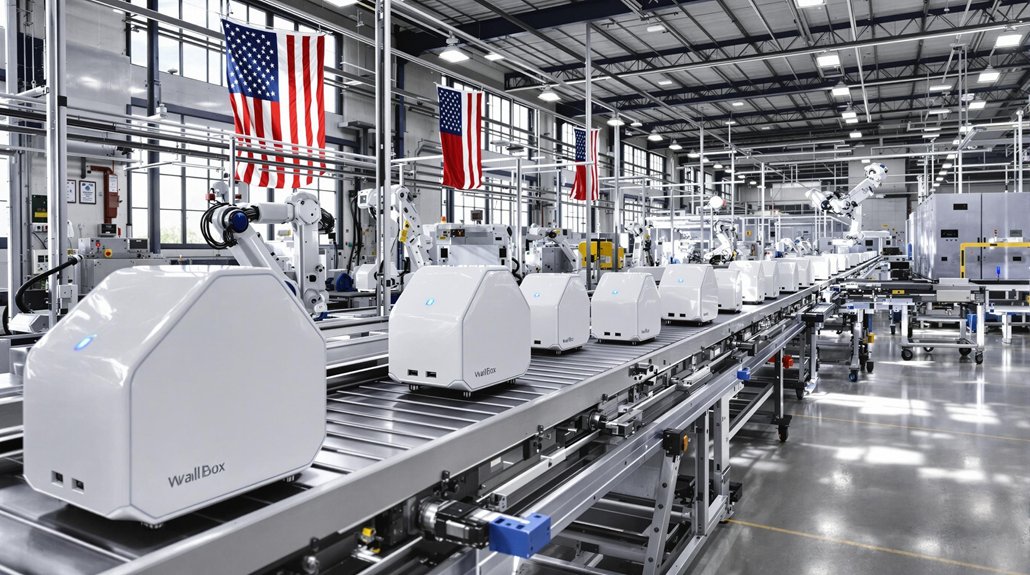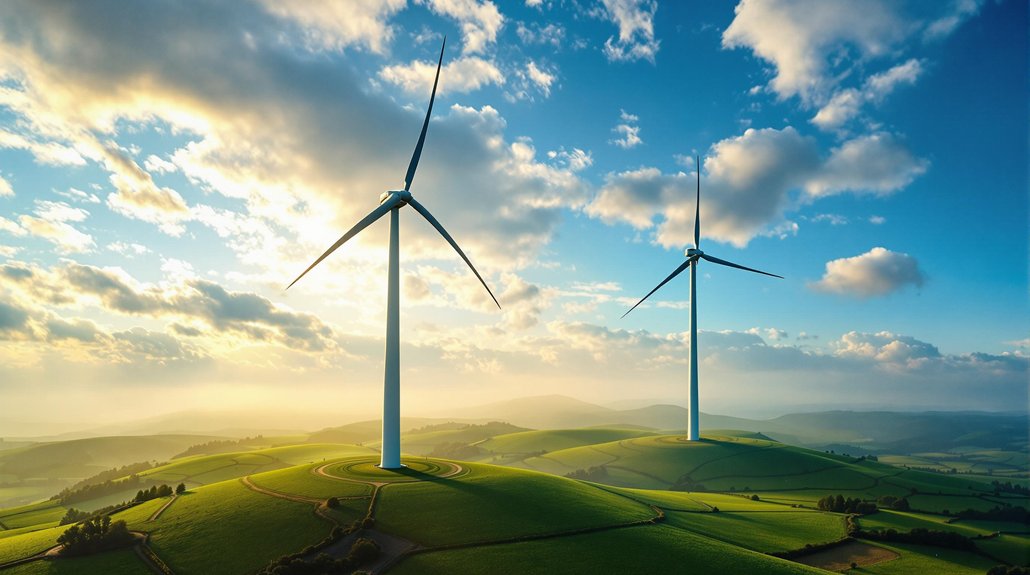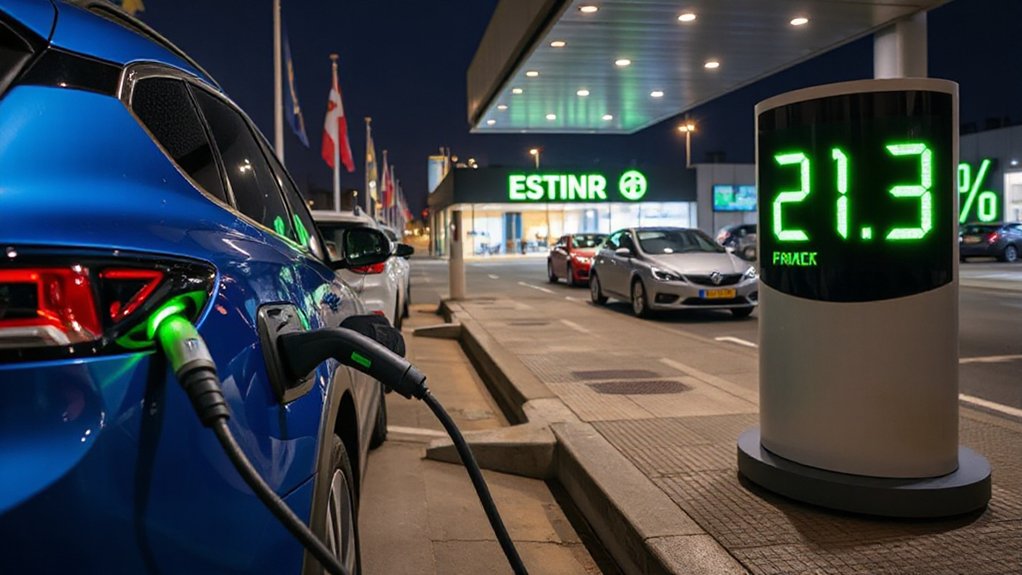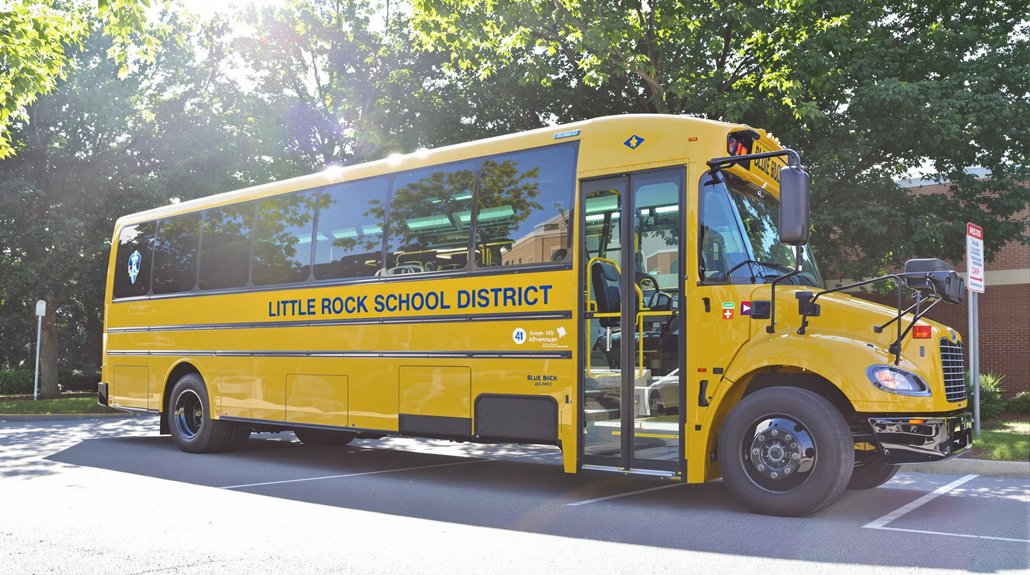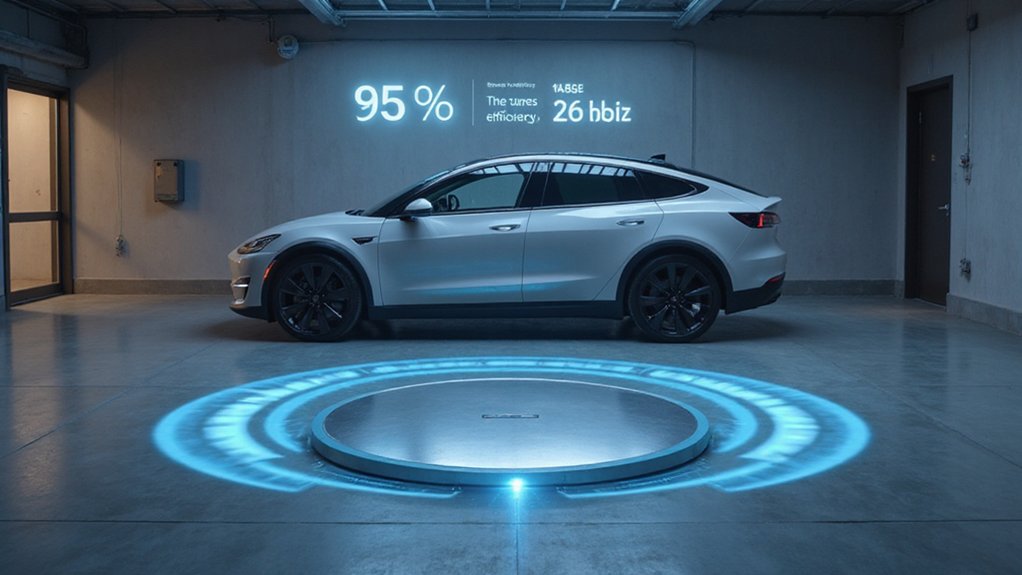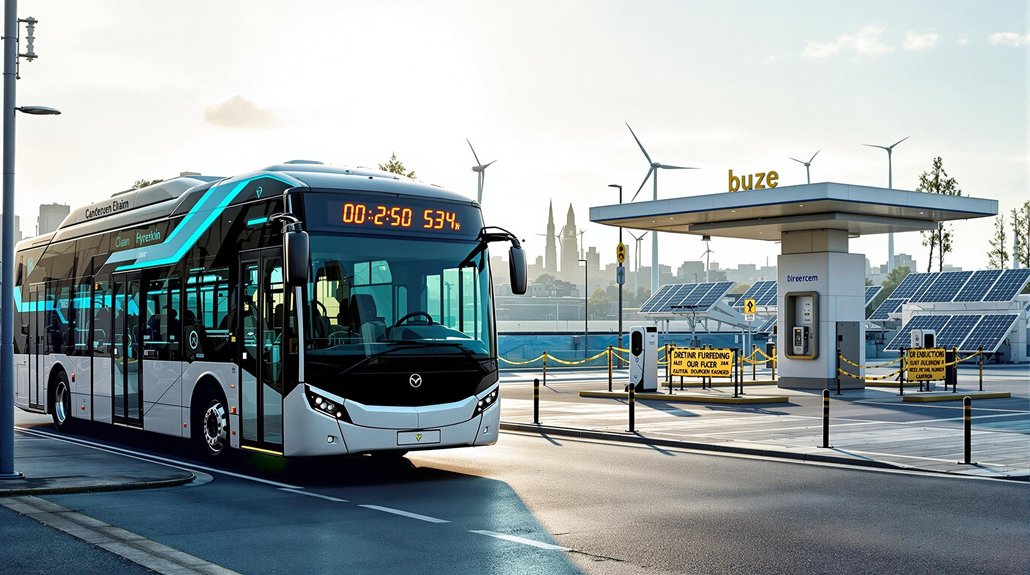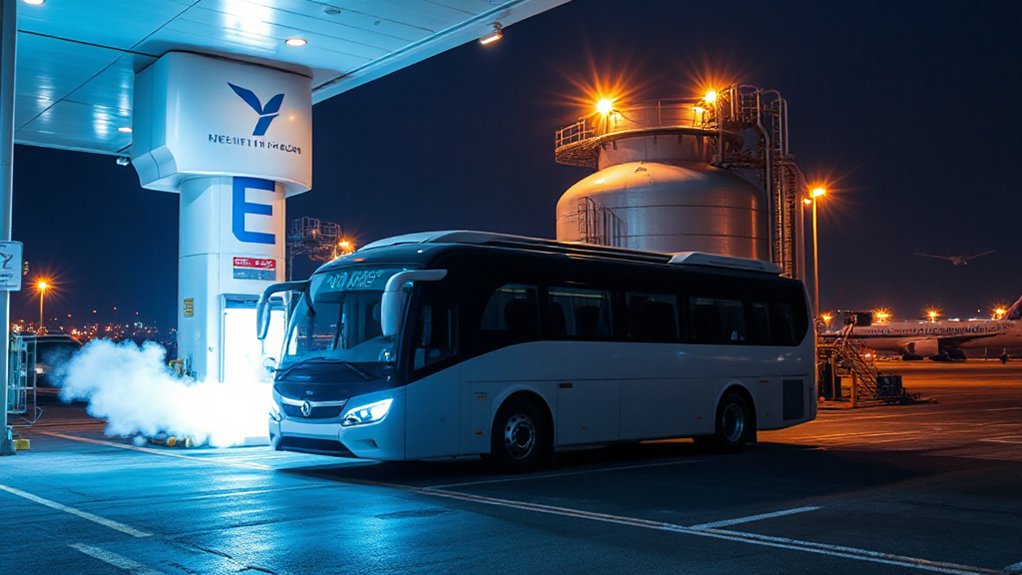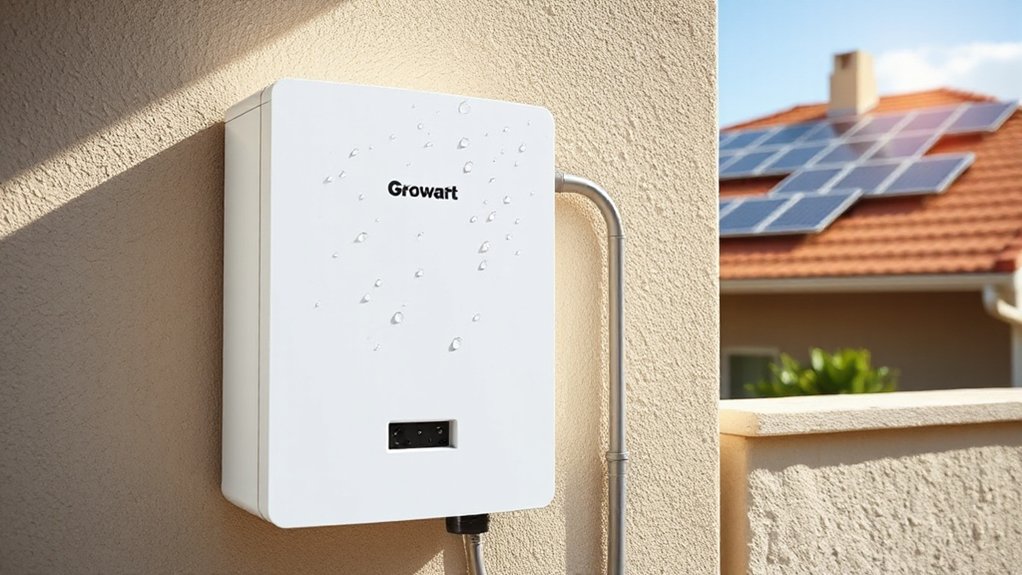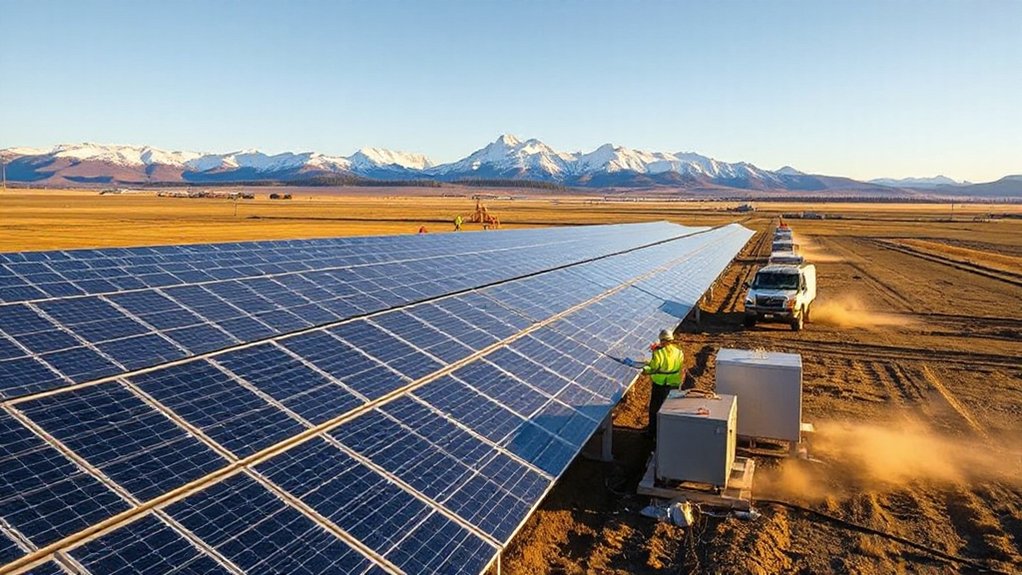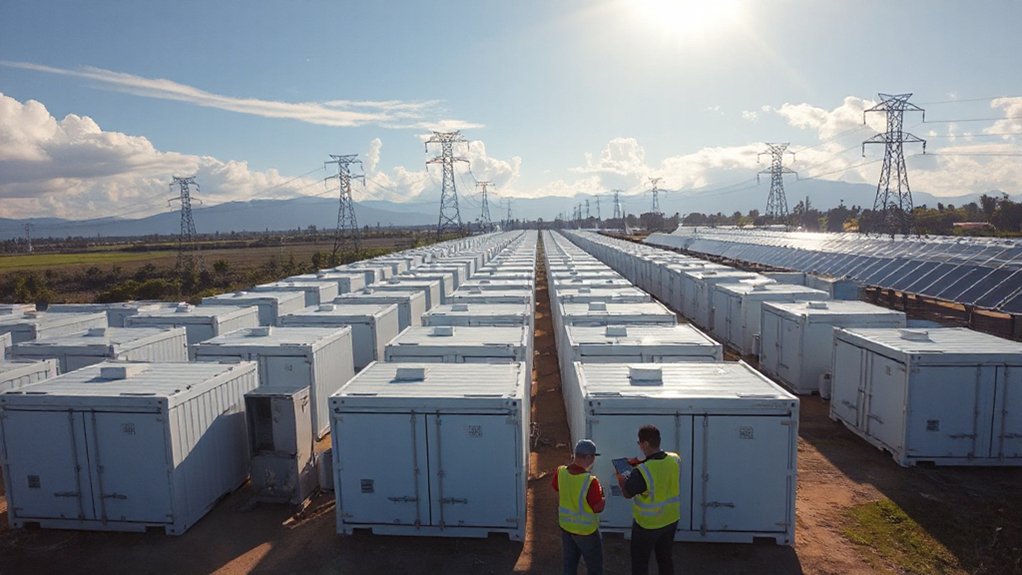Texas-based Wallbox has produced its 100,000th electric vehicle charger at its Arlington facility. The milestone comes just over two years after the plant opened. The company plans to expand production and introduce new charger models to meet growing demand in the U.S. market. This manufacturing achievement represents progress in America’s clean energy evolution and creates local jobs. What might this domestic production mean for the future of electric vehicle adoption across the country?
Wallbox’s manufacturing facility in Arlington, Texas has reached a significant milestone, producing 100,000 electric vehicle chargers since opening in late 2022. The achievement comes just over two years after the company launched its first North American plant, demonstrating rapid growth in the U.S. electric vehicle charging market.
Wallbox celebrates 100,000 EV chargers made in Texas, marking impressive growth in the American clean energy landscape.
The 130,000-square-foot facility represents a $70 million investment by the company. Initially capable of producing 250,000 units annually when it opened, the plant is on track to double that capacity to 500,000 units by 2025. Projections show production could exceed one million chargers annually by 2030.
The Texas-built chargers include the Pulsar Plus, Wallbox’s most popular smart charger, which was the first product manufactured at the Arlington plant. The facility also produces the entire Pulsar family of chargers specifically designed for North American customers.
Future production plans include adding the Quasar 2, a bidirectional DC charger that can send power back to homes or the grid, and the Supernova and Hypernova DC fast chargers. The Hypernova is particularly powerful, delivering up to 400 kW and capable of adding 100 miles of driving range in just five minutes. This bidirectional functionality could play a crucial role in V2G projects similar to those being commercialized by Synop.
The Arlington facility is expected to support approximately 700 local jobs by 2030, boosting the regional economy while reducing dependency on imported charging equipment. The local manufacturing approach allows Wallbox to respond faster to customer needs across the country. The plant’s domestic production capabilities have already improved delivery times and strengthened local supply chains.
Wallbox’s Texas manufacturing operation aligns with national goals to expand EV infrastructure across America. The expansion reflects the broader trend where battery storage costs are anticipated to decrease by 52% by 2030, making EV ownership more accessible and affordable. By producing chargers locally, the company is helping to reduce costs and environmental impacts associated with international shipping while supporting the country’s clean energy shift.
As electric vehicle adoption increases across the United States, Wallbox’s milestone highlights the growing importance of domestic manufacturing in meeting the demand for charging infrastructure. The success of the Arlington facility demonstrates how clean energy technology can scale effectively while creating economic opportunities in American communities.
